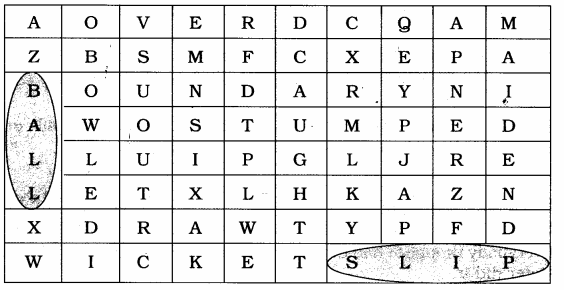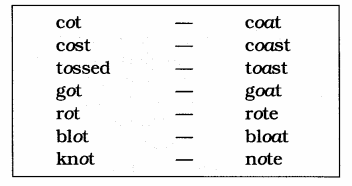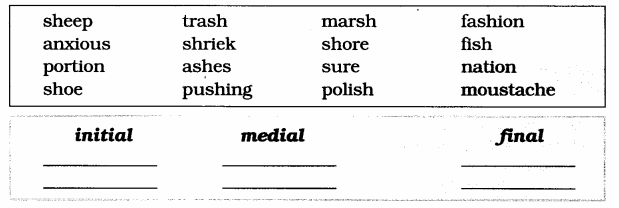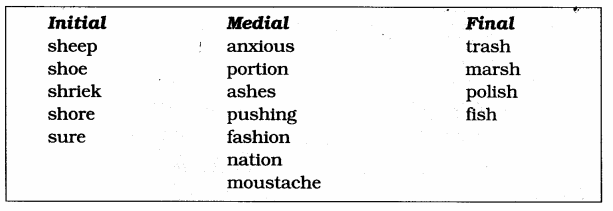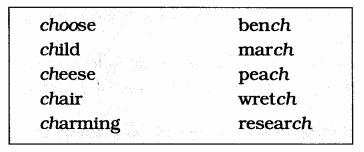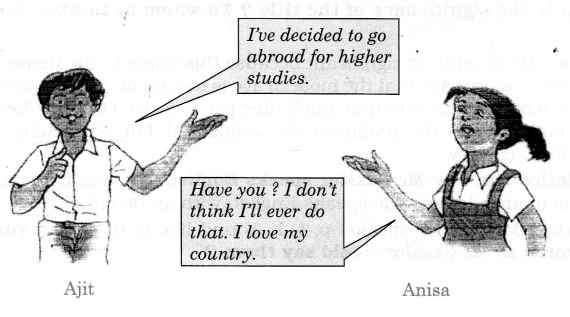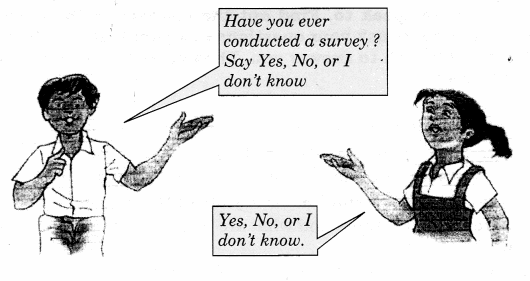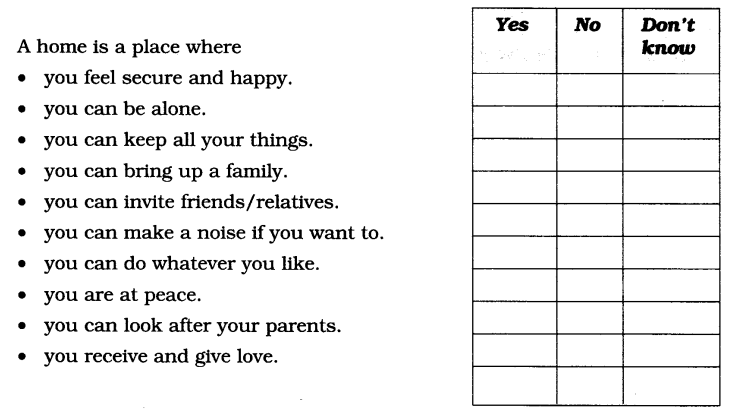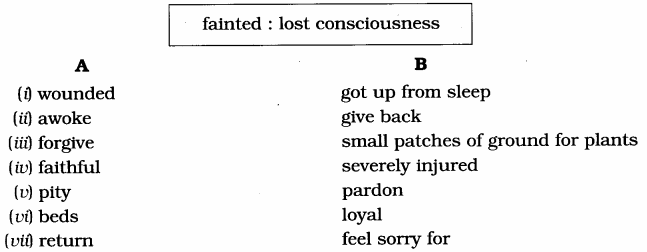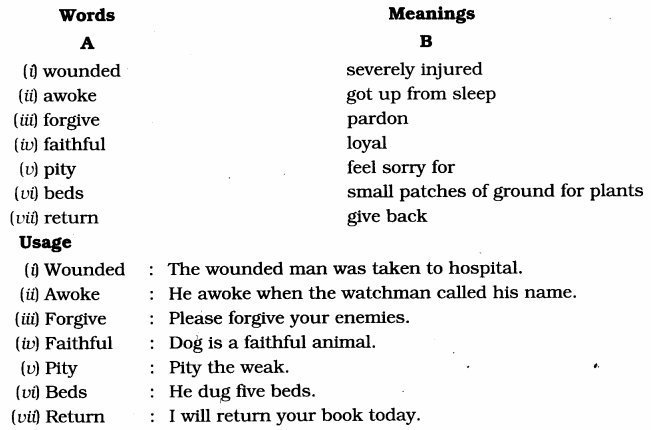NCERT Solutions for Class 7 English Honeycomb Poem Chapter 1 The Squirrel are part of NCERT Solutions for Class 7 English. Here we have given NCERT Solutions for Class 7 English Honeycomb Poem Chapter 1 The Squirrel.
| Board | CBSE |
| Textbook | NCERT |
| Class | Class 7 |
| Subject | English Honeycomb |
| Chapter | Chapter 1 |
| Chapter Name | The Squirrel (Poem) |
| Number of Questions Solved | 4 |
| Category | NCERT Solutions |
NCERT Solutions for Class 7 English Honeycomb Poem Chapter 1 The Squirrel
STANZAS FOR COMPREHENSION
Read the following extracts and answer the questions that follow by choosing the correct option :
Question 1.
He wore a question mark for tail,
An overcoat of gray,
He sat up straight to eat a nut.
He liked to tease and play,
And if we ran around his tree,
He went the other way.
(Page 17)
word-Notes : Wore-had, made, पहने था/बनाये था। Question mark-sign of interrogation, प्रश्नचिह्न। For tail in the shape of a tail, पूँछ के रुप में। Overcoat-गाउन। Of gray-gray-coloured, भूरे रंग का। Straight-erect, सीधा/तन कर। Nut-अखरोट। Around-near, पास। Other way opposite direction, उलटी दिशा।
हिन्दी अनुवाद : पूँछ के नाम पर उसके पास एक प्रश्नचिह्न था, वह एक भूरे रंग का ओवरकोट पहने था। एक अखरोट खाने के लिए वह सीधा खड़ा था। वह छेड़ना और खेलना पसंद करता था, और अगर हम उसके वृक्ष के आस-पास दौड़ते तो वह दूसरे रास्ते चला जाता था।
Paraphrase : The formation of the squirrel’s tail that is raised upwards with its tip pointing downwards is identical to a question mark. It is blessed with a gray coat and positions itself straight to eat a nut. The squirrel is quite playful as it loves to run the opposite direction that the prank-loving human beings take when they run around its tree.
Multiple Choice Questions
Question 1.
The squirrel wore
(a) a tail
(b) a wig
(c) a coat
(d) a smile
Answer.
(c) a coat
Question 2.
When the squirrel raises the tail
(a) its tip keeps pointing down
(b) it is never perpendicular
(c) it sends a caution to others
(d) it looks strange
Answer.
(a) its tip keeps pointing down
Question 3.
The squirrel’s hobby is
(a) eating nuts
(b) only playing
(c) to do some funny tricks
(d) to dance around the trees and play
Answer.
(c) to do some funny tricks and play
Question 4.
A squirrel likes to
(a) play with nuts
(b) play with human beings
(c) play around with trees
(d) play at all times
Answer.
(b) play with human beings
Question 5.
If humans ran around, the squirrel
(a) would soon hide itself
(b) would sit at one place
(c) wouldn’t be frightened
(d) would chase the humans
Answer.
(c) wouldn’t be frightened
TEXTUAL QUESTIONS
(Page 17)
Working with the Poem
Question 1.
Why does the poet say the squirrel “wore a question mark for tatl” ? Draw a squirrel, or find a picture of a squirrel sitting on the ground. How would you describe its tail ? (Imp.)
Answer.
The poet says that the squirrel ‘wore a question mark for tail because the tail of a squirrel appears so. When the squirrel raises it upwards to sit, its tip keeps
pointing to the ground making a sign of interrogation. Its tail can be described as long and bushy. Note. Students should draw a picture of squirrel as directed. Then they are suggested
to describe it in their own words.
Question 2.
Do we usually say that an animal ‘wears’ a tail ? What do we say ? (Think : Does an animal wear a coat ? Consult a dictionary if you like, and find out how ‘wear’ is used in different ways.)
Answer.
No. We do not usually say that an animal ‘wears’ a tail. But we do say that an
animal wears a coat. The different uses of ‘wear’.
(i) to carry or have on the body
Use : He wears a wig. He wears a ring.
(ii) to wear in one’s aspect
Use : He wears a smile.
(iii) to cause to diminish or deteriorate
Use : The waves have worn these rocks.
(iv) to consume gradually by use or any continued process
Use : Illness has worn the bloom from her face.
(v) to retain shape, colour, firmness etc.
Use : It’s a strong fabric that will wear.
(vi) (of time) to pass, especially slowly or tediously
Use: As the day wore on, we grew more discouraged.
Question 3.
“He liked to tease and play”. Who is teasing whom ? How ?
Answer.
The squirrel teases human beings. It does so when it eats nuts and other fruit which human beings eat.
We hope the NCERT Solutions for Class 7 English Honeycomb Poem Chapter 1 The Squirrel help you. If you have any query regarding NCERT Solutions for Class 7 English Honeycomb Poem Chapter 1 The Squirrel, drop a comment below and we will get back to you at the earliest.

